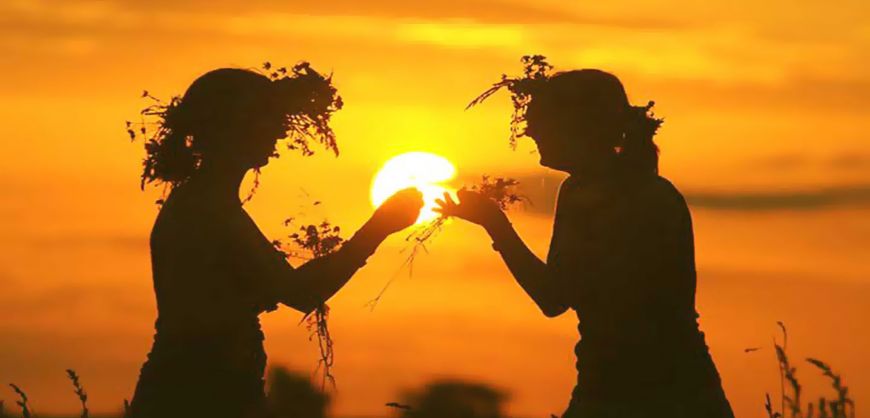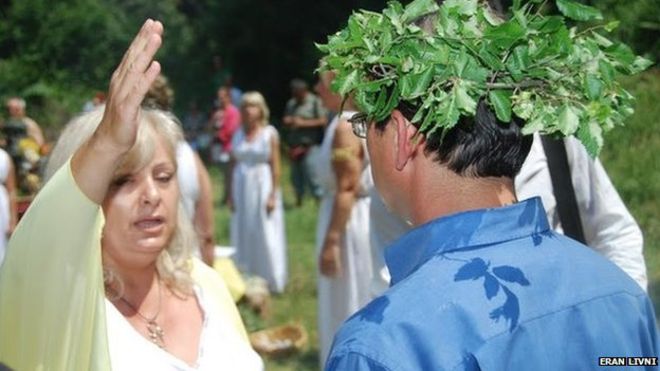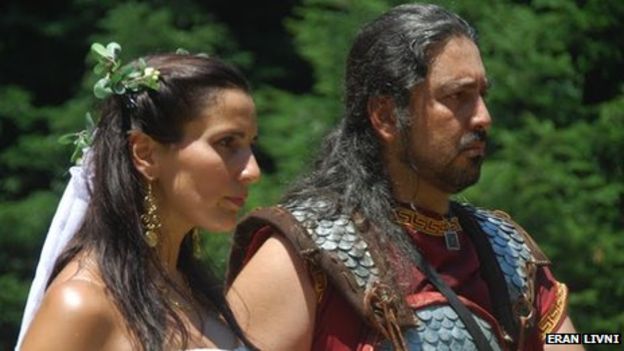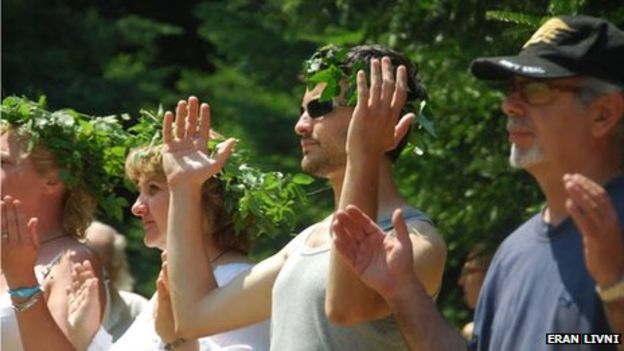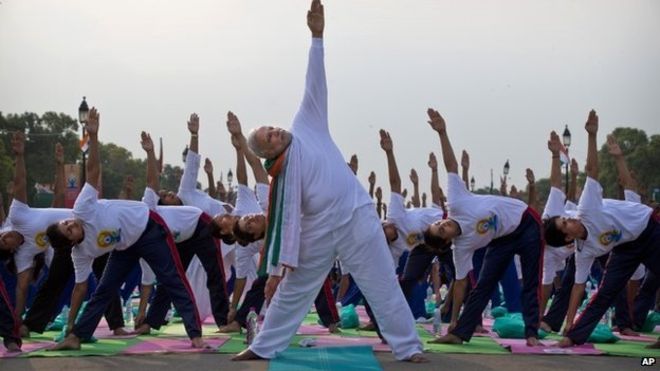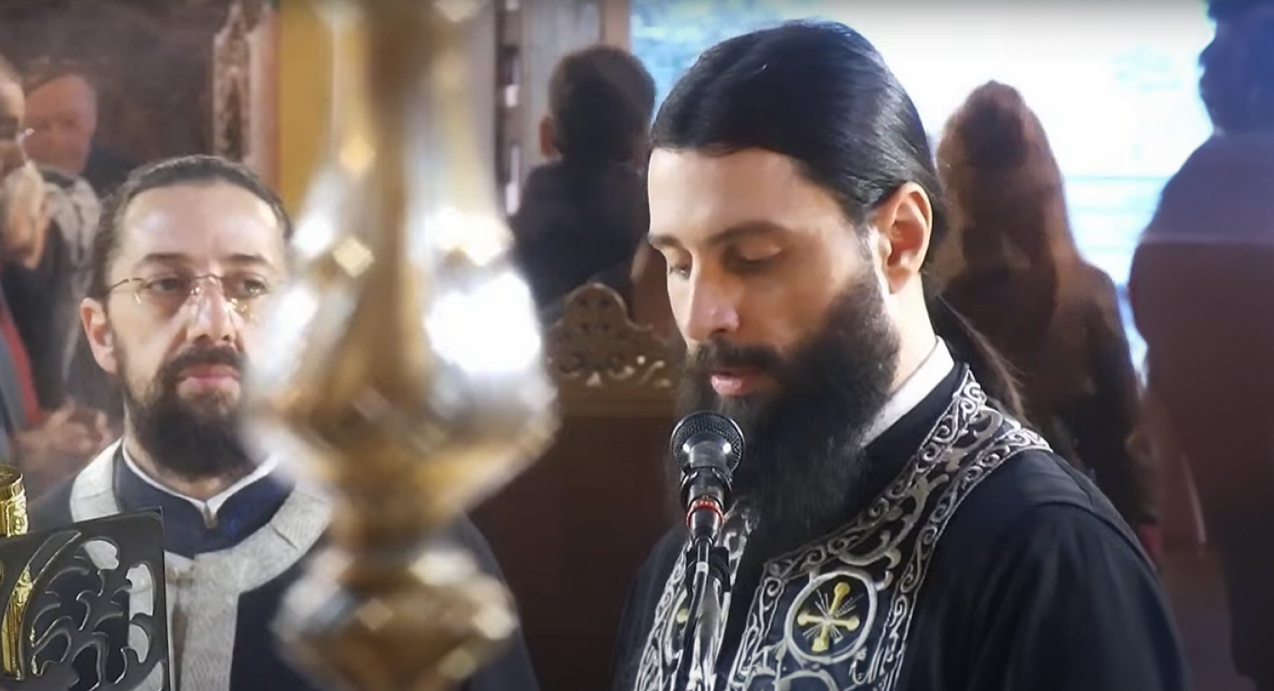In ancient Greece
The summer solstice, the longest day of the year, is thought to have marked the start of the new year in intiquity. In Ancient Greece, the day coincided with the Kronia festival celebrating the agricultural god cronus, beginning just a month before the start of the Olympic Games. The New Year began on the first new moon after the summer solstice and was celebrated by a festival to Athena so that rain would come to the crops. A procession was held in her honor, giving food offerings and new clothes to the statue of the goddess.
Midsummer was also a time of honor to Prometheus who stole fire from the gods to give to man. There are some people in Greece who worship pre-Christian gods, taking part in the Prometheia festival:
International Day of Yoga
As if the summer solstice and its pagan connotations were not enough, June 21 was declared as the International Day of Yoga by the United Nations General Assembly in December. Yoga, that originated over 6,000 years ago in India is aimed at integrating the body and the mind. Indian Prime Minister Narendra Modi had called for the adoption of June 21 as International Day of Yoga because it is the date of the Summer Solstice that has special seignificance in many parts of the world. From the perspective of yoga, the Summer Solstice marks the transition to Dakshinayana. The first full moon after Summer Solstice is known as Guru Poornima and marks the first transmission of yoga by Shiva, the first Guru, that is said to have begun on this day.
World Music Day
World Music Day kicked off in 1982 in France. Known as the festival of music it coincided with summer solstice as June 21 is an official national holiday in France. The idea of a day of music with free music events at parks, museums and train stations took off around the globe.

